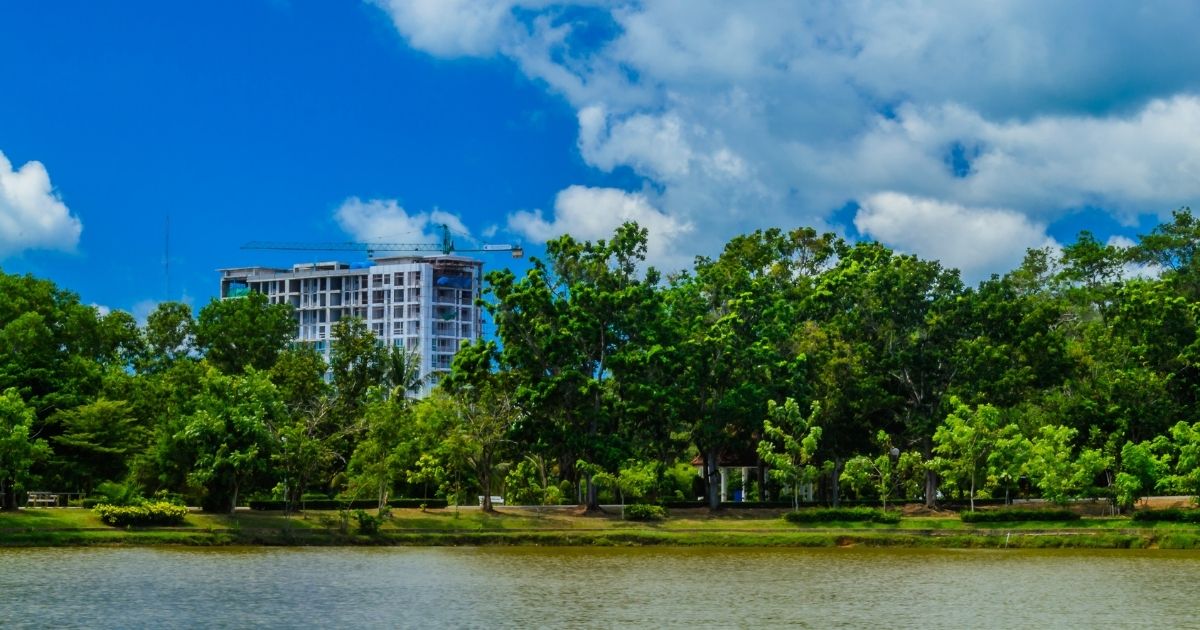MENU
- Home
- Overview
- Attorneys
- Practice Areas
- Firm News
- Blog
- Contact

One of the most controversial environmental topics in recent memory, “fracking” is a drilling method that has changed the oil and gas industry. Hydraulic fracturing, otherwise known as “fracking,” is done by breaking up shale rock that lives deep underground. Natural gas and oil are released by the combination of chemicals and water, drilling, and small explosions. Fracking has catapulted the U.S. into the forefront of natural gas exports, reversing a decline of several decades.
Despite its positives, fracking brings many negatives, particularly to the environment. Although natural gas companies and state governments have worked to minimize the environmental dangers, fracking procedures can still go awry and cause contaminates to leak into groundwater, including cancer-causing chemicals.
Another issue with fracking is the lack of federal regulations surrounding the drilling method, something that has failed to keep up with as the rush for natural resources booms. Many chemicals used in fracking, including benzene and toluene, are not regulated under the federal Safe Drinking Water Act, thus companies are not mandated to disclose what kind of chemicals they use in the process.
The chemicals used in fracking leak into our groundwater sources and underwater wells, putting agricultural and wildlife in danger, as well as our own communities. Many of the chemicals found in fracking, then in our groundwater, are linked to adverse health effects, such as:
Fracking also produces smog and releases pollutants into the air, particularly methane, a hazardous glasshouse gas. It is 84 times more potent than carbon dioxide over a 20-year span, damaging the ozone layer.
Another harmful effect of fracking is its effects on our water supply and its quality. Not only does fracking pollute our underground water sources, but it also consumes water as well, over 1.5 million gallons per well. This is especially troublesome for areas and communities that lack sufficient clean water. If water is not available locally, some fracking sites transport it from other regions, limiting the supply around the country.
After the fracking procedure, the result is billions of gallons of contaminated wastewater that will find its way to water sources. It finds its way into surrounding vegetation and soil, which then inhibits the growth of plants and destroying wildlife habitats.
Fracking has negative economic impacts as well. Just cleaning up drinking water resources is costly: it took over 100,000 dollars to clean up drinking water for just 14 homes in a town in Pennsylvania. In Colorado, cleaning up of a community’s drinking water has cost a fracking company hundreds of thousands of dollars over the span of eight years.
Air pollution from gas drilling is estimated to cost an Arkansas community over 10 million dollars in 2008. Across the country there has been millions of dollars of health care costs and reduced productivity due to the illnesses fracking has caused to local workers. Fracking also negatively impacts a state’s infrastructure and public services, straining and damaging local roads as trucks deliver water to fracking sites. Texas has had to spend $40 million on road repairs for one shale region, while Pennsylvania had to spend close to $265 million to repair roads in another shale region.
Although fracking may have some positives for the country’s energy concerns, it negatively impacts our communities, our wildlife, and our environment. If you or your family are dealing with the negative effects of fracking, you may be eligible for compensation. Contact a Wilmington environmental lawyer at Jacobs & Crumplar, P.A. right away. Call us today at 302-656-5445 or fill out our online form for a free consultation. With our offices located in Wilmington and Millsboro, Delaware, we proudly serve all communities of Dover, New Castle County, and Sussex County.